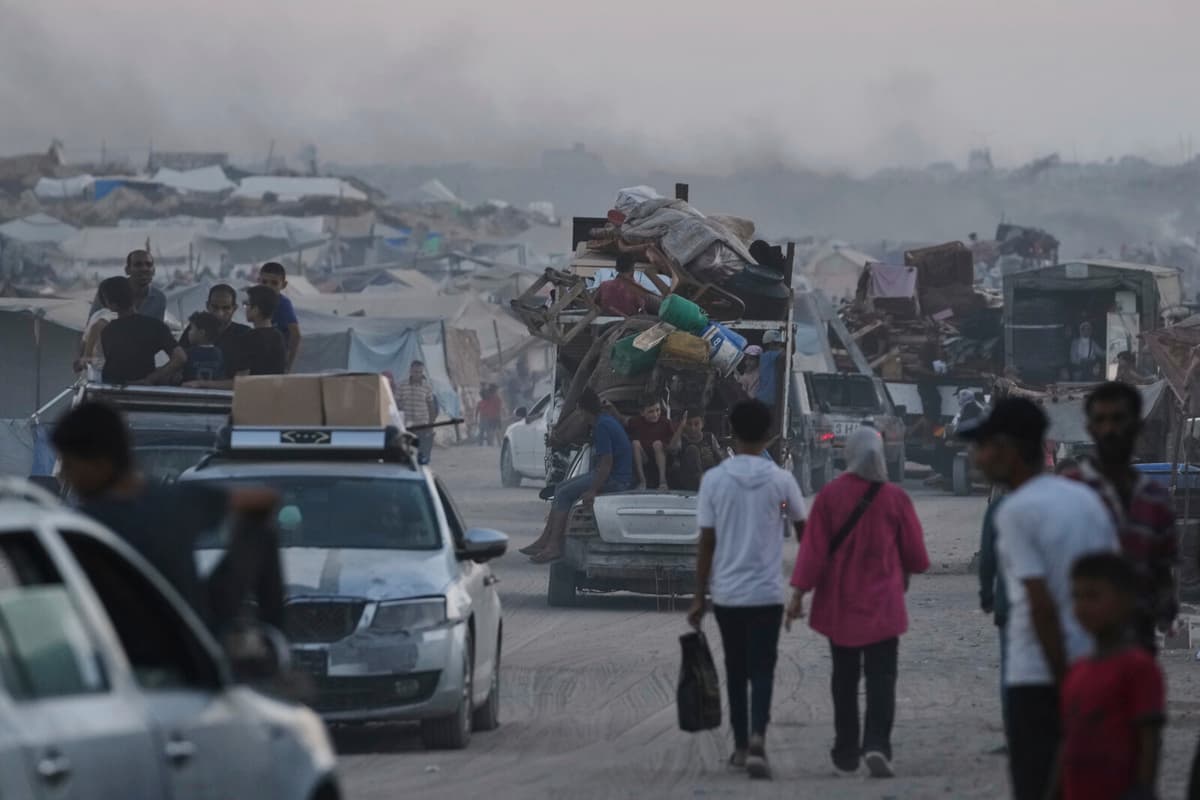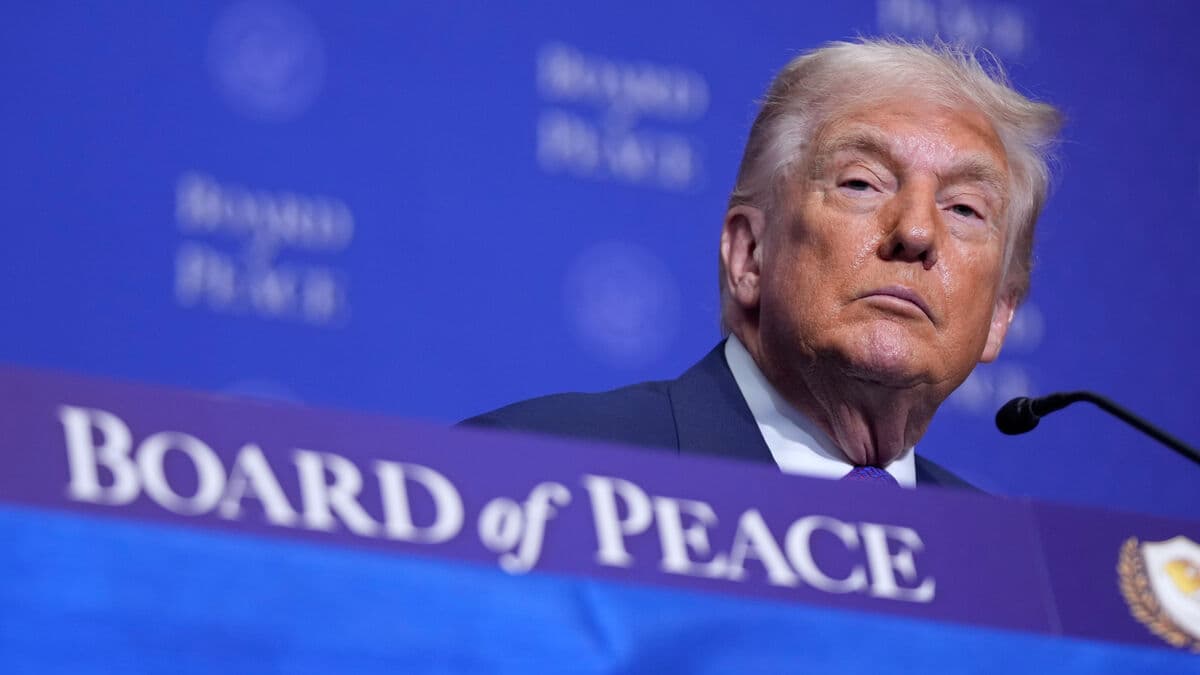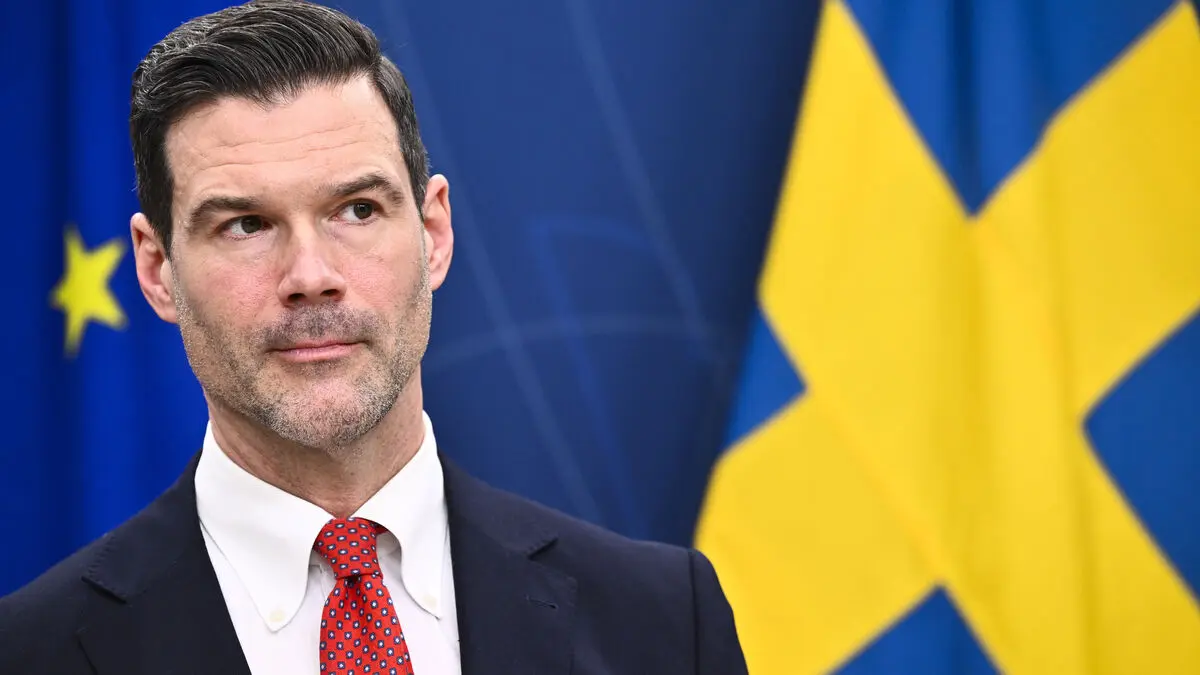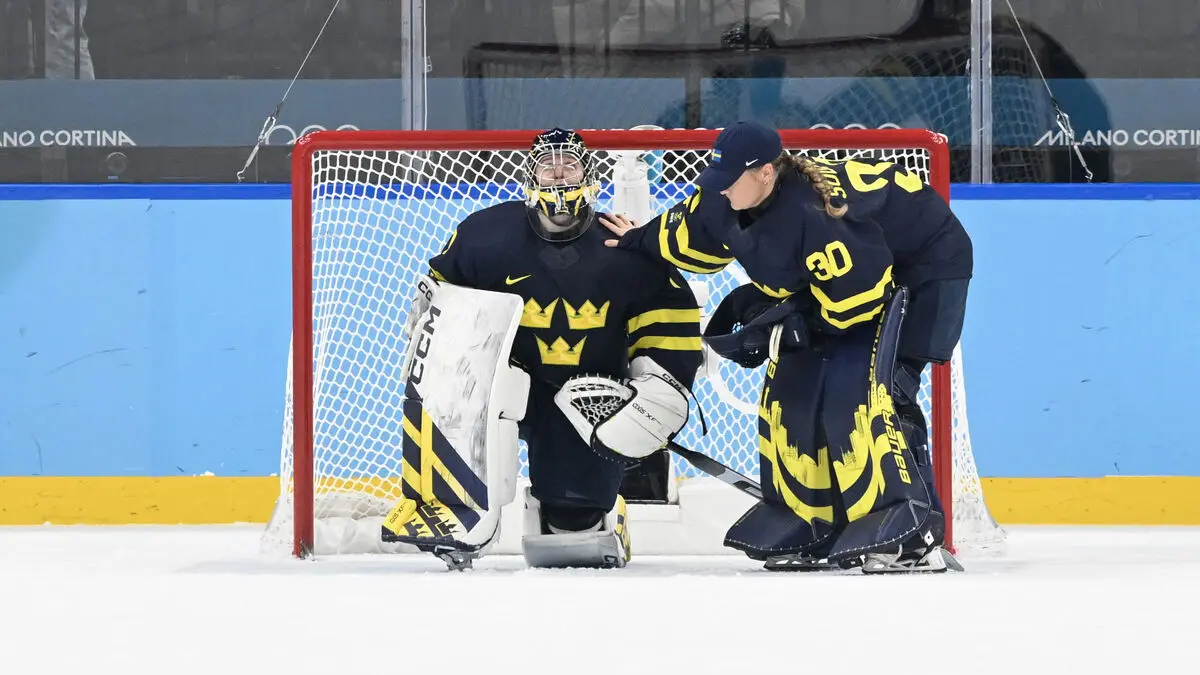International Association of Genocide Studies (IAGS) presented its conclusion on Monday after what is described as a thorough effort in the organization, which has over 500 members, most of whom are academics and researchers. Of these, 28 percent are reported to have participated in the voting, with 86 percent voting for the resolution.
That 28 percent voted is quite common. It's even on the upper part of the scale, says Melanie O'Brien, chairman of IAGS.
Researcher and IAGS member Onur Uraz says that early in the war, it was clear that there were cases that could constitute crimes against humanity, or war crimes.
But it was a reaction to the Islamist movement Hamas' attack on Israel, says Uraz, who has led the organization's executive committee.
Advertisement
But then it became something entirely different: the intention is no longer just to crush Hamas, he notes, pointing to several parts of the war: Israel blocks emergency aid and forces the population to move, destroys properties and slanders residents in Gaza.
Weights together
Several parts must be weighed together, statements, context, individuals' efforts, and how a state acts.
In the conclusion, it is stated that over 50,000 children have been injured or killed in Gaza, two million Palestinians have been forced to leave their homes, and a large part of the housing has been demolished.
Onur Uraz, who is an associate professor at Hacettepe University in Ankara and author of the academic work "Classifying Genocide in International Law", has examined genocide in the former Yugoslavia and in Rwanda. He notes that the legal bar is set high for crimes to be classified as genocide – but that there is no doubt in the Gaza war.
The question of genocide is also a case for the International Court of Justice (ICJ). Uraz believes that it may take several more years, "maybe five years", before the UN court makes a judgment in the matter – and until then, many countries refer to a judgment from ICJ.
Foreign Minister Maria Malmer Stenergard (The Moderate Party) told TT on Monday that Swedish tradition is to "wait for assessments from an international court before we establish that it is a matter of genocide".
Break contacts
Discussions are ongoing behind the scenes. But if I'm honest, nothing happens as long as the US backs Israel, says Uraz.
He then adds another dimension.
If a state establishes that it is a genocide, it comes with many obligations. The country must break many kinds of contacts with the perpetrator.
Will a statement from IAGS, with academic weight but without power, have any significance?
We are an academic organization that examines genocide based on facts; this is the best we can do. Genocide is the crime of crimes among the general public, even if it is not a bigger difference legally with, for example, crimes against humanity. When something is called genocide, it affects public opinion, especially in Western countries.
Corrected: In an earlier version of the text, an incorrect statement was made about how many members had voted.
The war in Gaza began with the terrorist-stamped Hamas' coordinated attack on Israel in October 2023.
Several international organizations, including human rights groups Amnesty International and Human Rights Watch, have previously classified the events in Gaza as genocide.
According to the organization's website, approximately 600 mostly academics, researchers, and lawyers are members of IAGS (International Association of Genocide Studies).
The International Court of Justice in The Hague (ICJ) took up the issue of genocide in December 2023. But a judgment in the UN court can take several years.
ICJ has in a partial ruling demanded that Israel, among other things, open border crossings for emergency aid – which has not been complied with.
The International Criminal Court (ICC) can take up similar cases, but only at the individual level.
Sources: IAGS, ICJ, Amnesty International






